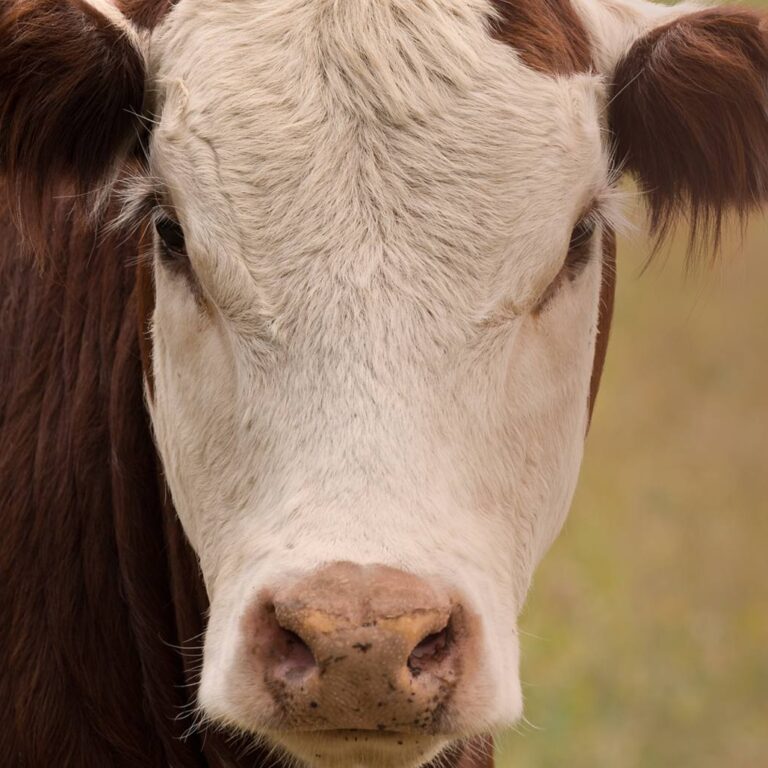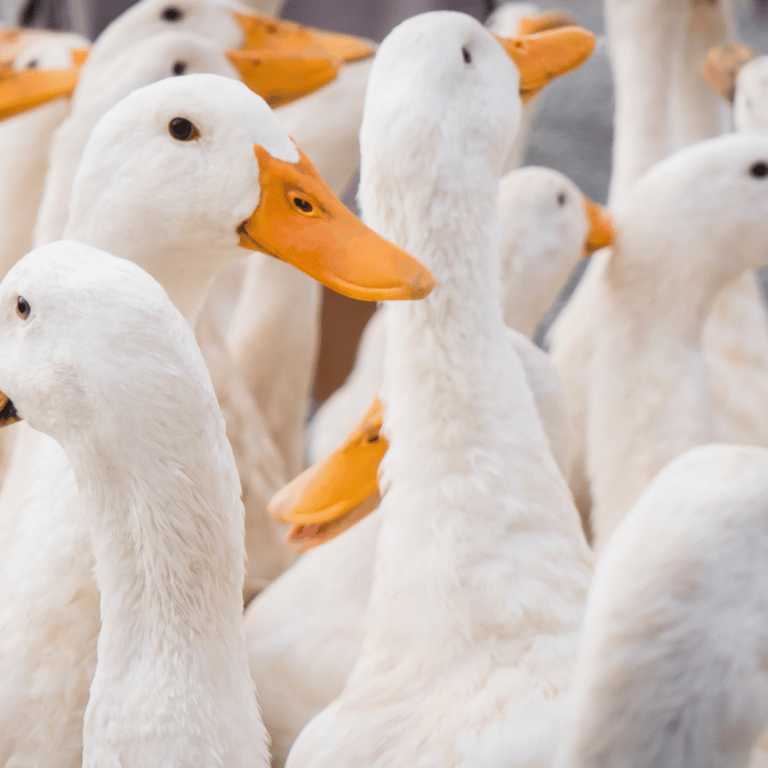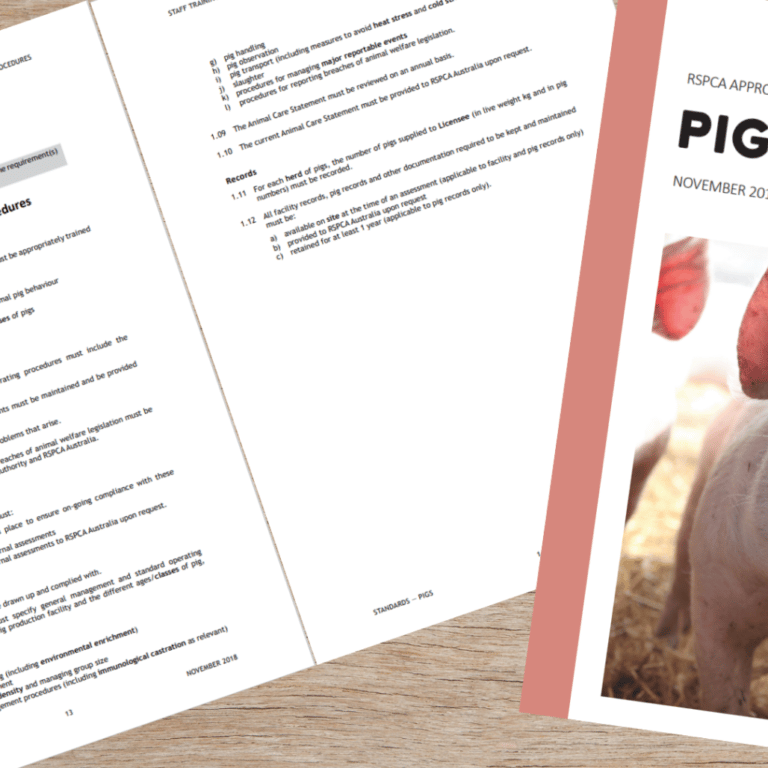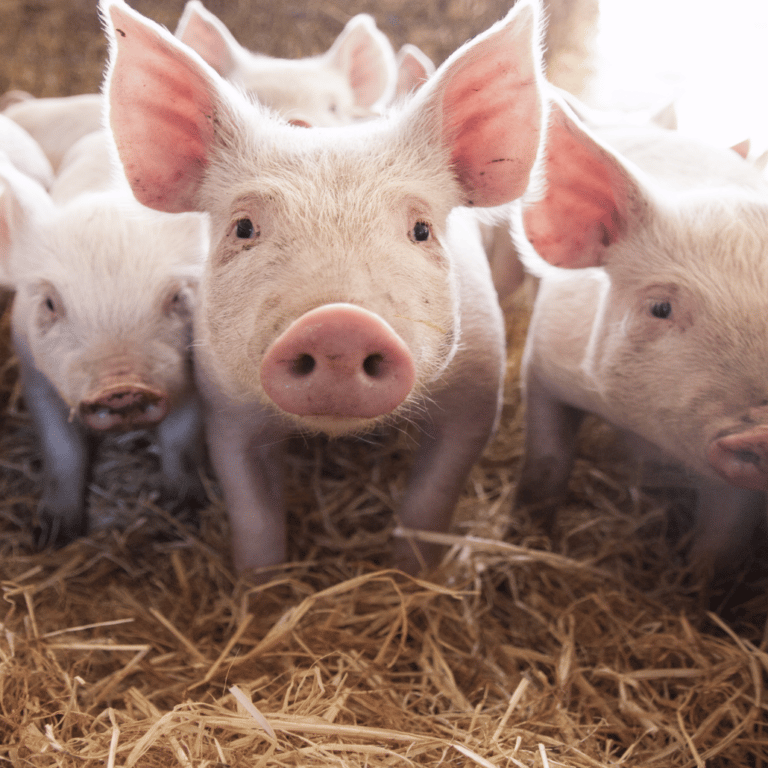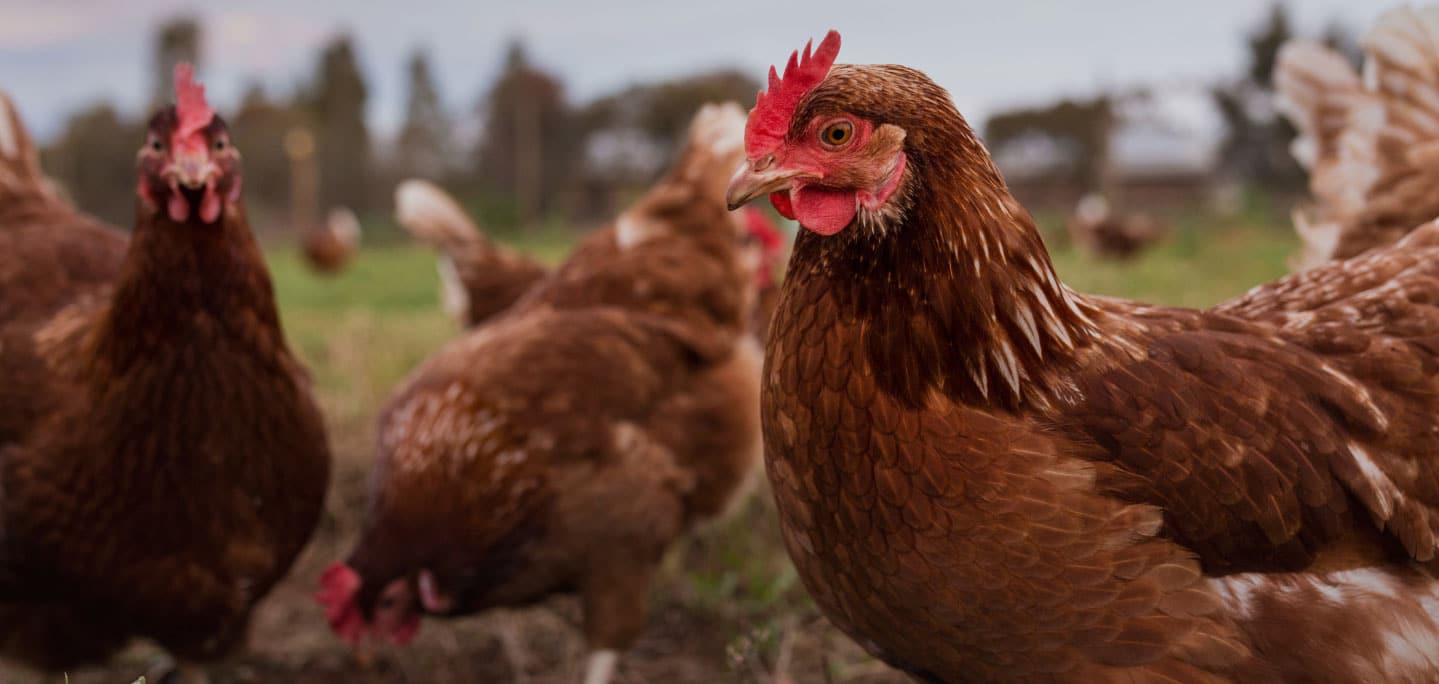Have you heard about what happens to male chicks in the egg industry and wondered what can be done about it? Or do you have an interest in how antibiotics are used in the farming of animals for food? Perhaps you’ve been curious to know more about animal welfare in livestock transport and handling before slaughter but didn’t know where to look? If your 2021 resolution is to learn new things or if you’d just like to find out more about how animals are farmed in Australia, here’s your chance.
Covering a range of farm animal welfare and farming topics, there’s bound to be something you’re interested in hearing about on the RSPCA’s Humane Food podcast.
Last year we wrapped up an exciting second season and so here, to help get you started, is a rundown of who’s talking and what they’re saying in this latest series.
You can listen to all these episodes (and catch up on Season 1 if you haven’t already listened to it) on the RSPCA website or wherever you get your podcasts.
Episode One – How is the RSPCA working to improve farm animal welfare in Australia?
There’s no doubt the RSPCA is well known for its work caring for and rehoming dogs and cats. But the organisation also has a long history of working to improve the lives of Australia’s farm animals. Right from the beginning, when the RSPCA was established in Australia in 1871, it was working to improve the lives of working horses in Victoria.
Today, the RSPCA is committed to improving welfare for the millions of animals on farms across the country. In this episode you’ll hear from the RSPCA’s Talulah Gaunt about our activities and why we have the position we have when it comes to working with farmers and the agriculture industry to drive improvements.
Episode Two – Live export: why is it still happening?
The export of live animals for slaughter is inherently high-risk, with decades of repeated evidence of suffering and cruelty. So why is it still happening?
In this episode host Brian delves into the RSPCA’s well known and long-held opposition to live animal export. Speaking with Dr Bidda Jones and Dr Jed Goodfellow from the RSPCA, you’ll hear about the history of the live export trade in Australia and why – as an organisation that supports farming and generally aims to work alongside industry to improve animal welfare practices – the RSPCA is actively pushing to see an end to this trade.
Episode Three – How can a chef put humane food on the menu?
Australian chefs and their customers have a lot of power when it comes to improving farm animal welfare standards but for many navigating the world of responsible sourcing can seem like a minefield.
Simon Bryant was the Executive Chef at Hilton Adelaide for 10 years, is the current Festival Director of Tasting Australia, and is well-known to many Australians as “the Chef” (alongside Maggie Beer’s “the Cook”) in the ABC series The Cook and the Chef. He’s a passionate advocate for ethical sourcing and has spent many years championing the importance of understanding how a product has gotten to the plate. In this episode he chats with Brian about how he crafts a menu that cares about animal welfare.
Episode Four – What’s the problem with cage eggs and why are hens still in cages today?
The egg industry’s continued use of barren battery cages is arguably the worst animal welfare issue in Australia today. And sadly more than 10 million smart and social hens are currently housed in battery cages.
In this episode Brian discusses this welfare challenge with the RSPCA’s Dr Jed Goodfellow and Dr Sarah Babington. The conversation touches upon what exactly is the problem with keeping hens in cages; as well as, if they’re so bad, why haven’t they been banned yet?; and what role can the consumer play in supporting a phase out of this practice?
With 2021 looking like it’s going to be the year that Australia’s state and territory Agriculture Ministers are expected to vote on guidelines that will govern how poultry are farmed for the foreseeable future, this is a must-listen episode!
Episode Five – Why are male chicks culled in the egg industry and how can this be changed?
What to do with male chicks is one of the biggest challenges faced by the egg industry and is an ethical issue that concerns many Australian farmers and consumers alike. And quite rightly so – with around 23 million day-old male chicks killed every year, simply because they are male and therefore can’t lay eggs, it’s without a doubt an issue that we need to address. But in order for the solution to be sustainable, it needs to be commercially viable as well as humane.
In this episode Dr Mark Tizard, Senior Scientist in genome engineering at the CSIRO’s Australian Centre for Diseases Preparedness, tackled this question and shared an exciting new technology developed by CSIRO researchers.
Episode Six – How are antibiotics used in animal agriculture and should we be concerned?
Why are antibiotics used in farming, how are they used, and are we actually eating antibiotic-filled produce? There’s a perception that antibiotic use in animal agriculture needs to be avoided and that looking for antibiotic-free labels on meat is the right way to go – but perhaps there’s more to it?
These are the questions covered in this episode when Brian chats with Coles’ Responsible Sourcing Manager Lauren Mackenzie. Together, they cover the role of antibiotics in Australian livestock production and dispel some of the misconceptions around their use.
Episode Seven – How are farm animals transported in Australia and what can be improved?
The transport of farm animals and what this can mean in terms of animal welfare probably isn’t something many Australians think about. But at some point, we all would have seen a truck laden with livestock, and perhaps you also wondered where those animals were heading, how long the journey is, and whether they have adequate protection from the elements. Animal welfare during the transport of livestock is an issue that the RSPCA is working with industry behind the scenes to improve.
In this episode you’ll get a bit of a behind the scenes update from the RSPCA’s Dr Sarah Babington and Melina Tensen about what’s happening in this field.
Episode Eight – What is the most humane way to handle animals prior to slaughter?
While many of us would rather not think about how an animal has been slaughtered for the food on our plate, we do want to know that it’s been done with consideration of animal welfare and that the animal didn’t suffer. In S2E7 you can hear about how animals are transported (in many cases from the farm or feedlot to the abattoir); and in S1E7 you can hear about the slaughter process itself – but what about the time in between?
From arriving at an abattoir to when an animal is slaughtered, it’s crucial to ensure the whole process is done as humanely as possible. This time can also have a significant impact on the meat quality at the end, so getting it right is undeniably important.
In this episode you’ll hear from animal welfare specialist Dr Leisha Hewitt. Leisha’s work has a key focus on improving animal welfare at slaughter and she’s worked on reviewing and benchmarking international standards in livestock handling.
You might also be interested in reading about Season 1 in What I didn’t know about humane food

